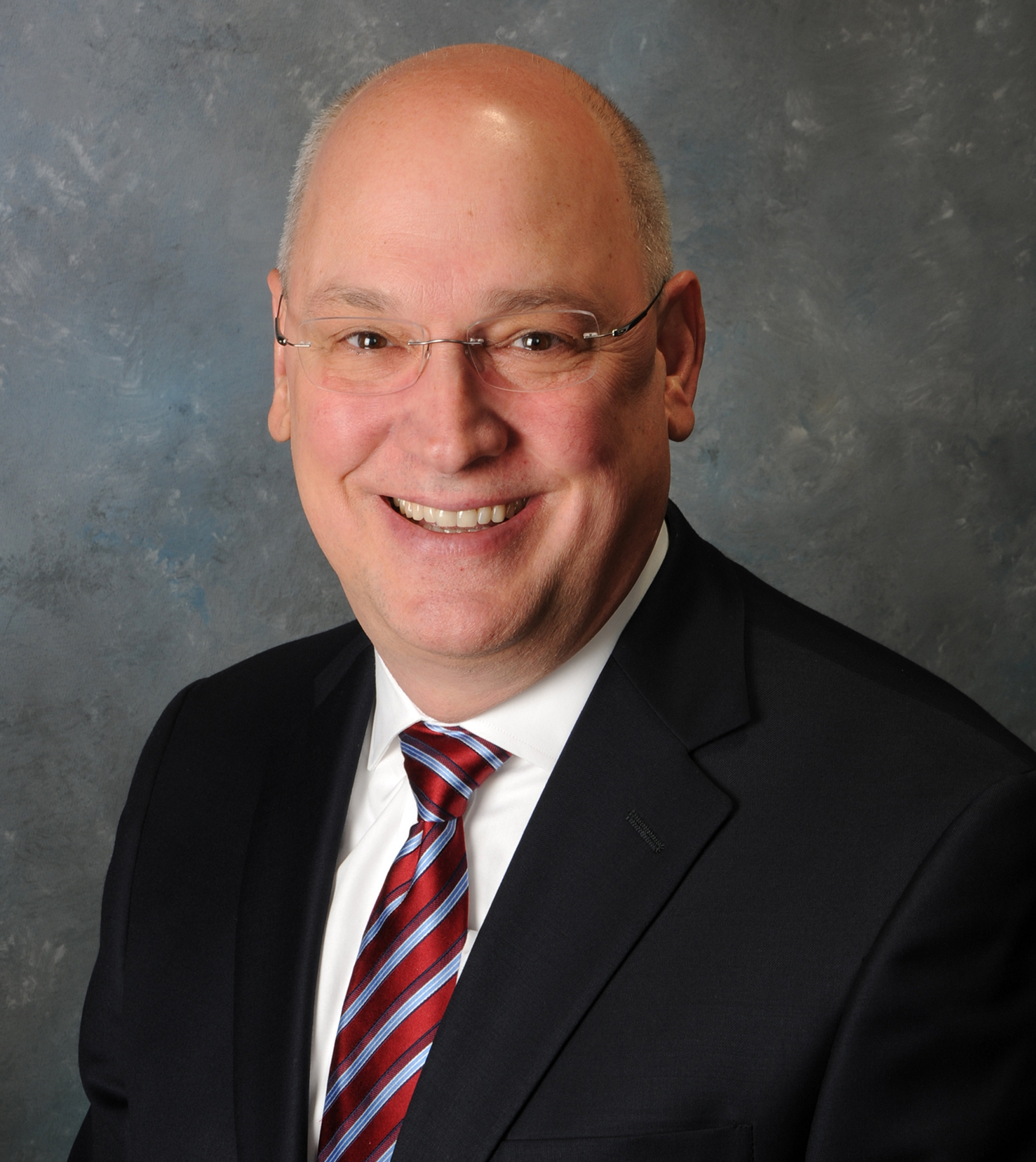Which Comes First, Your Culture or Your Customers?
Recently, I had the opportunity to attend the United Airlines 2022 Wings Ceremony. The ceremony recognizes new pilots joining United Airlines, as well as First Officers becoming Captains. This event represents a major milestone in the career of United Airlines pilots. Joining a major airline and taking the responsibility for the safety and care of people, in addition to a multi-million-dollar aircraft, is the main career goal for most pilots.
Facilitating the ceremony was the United Airlines Chief Standards Officer. During his opening remarks, he reflected on the 2015 ceremony, when CEO Oscar Munoz attended after only 2 weeks on the job.
As a historical matter, United Airlines acquired Continental Airlines in 2010. Although they kept using the word “merger”, for many years the cultures remained separate. Employees referring to each other as New United versus Legacy United, or United versus X-Cons for former Continental personnel. Further, the unions maintained their individual identities, not only due to the acquisition, but historically within each company. It was a chaotic atmosphere within the company and easily translated into deteriorating service and support to their customers. One of Munoz’s main missions was to bridge these groups and develop One United Airlines.
Now back to the ceremony of 2015. Munoz addressed the new group of leaders with one message. Care for each other before you attempt to care for our customers. Although United talked about company values and principles such as culture, service, and safety, these were not experienced by customers. Munoz strongly told them that they could not begin to care about customers until they could care for and commit to each other. Once they were willing to do that, then, and only then, did he want his team to address the United customer base
as ONE United. It was simple. It was powerful. Don’t even think of outside before you fix inside.
All of our companies have impressive values and principles printed on everything from letterheads to water bottles. Few companies take the time to embed these beliefs into each employee in the way we do as parents teaching manners to our children. When I see companies who are admired by their customers, their internal culture is one of mutual caring and winning as one team. They use the word “family,” and they mean it.
I have had the privilege to be retained by companies who are admired by their customers. How do they do it, you ask? Unfortunately, there is no recipe, process, or training program. It is not created with an impressive logo, clothing, or water bottle. It is a company lifestyle. Building a company lifestyle requires constant behavior modification. My counsel is to recognize the inconsistent behaviors and call them out immediately. Correct internal behavior inconsistent with the expected end result. All too often, companies reward competitive or even toxic behavior due to short-term business results or quarterly targets. How often have we seen enthusiasm and aggressiveness mistaken for competency? These success flashes are not sustainable and typically create internal one-off wins, but do little to build a company culture that results in committed customers.
Develop a culture among your leaders. Know it. Teach it. Enforce it. Identify behavior inconsistent with your principles and values, and fix it immediately. For our leaders who are parents, modify your associate’s behavior as you would correct your child’s table manners. Spend less time telling your customer what you believe in and more time coaching the internal behavior that you expect from your organization. Care for each other before you attempt to care for your customers. Let’s take a page out of the United Flight Attendant’s manual and put on our company culture oxygen mask before we try to help our customers.

Tom Tischhauser
About Tom
Tom Tischhauser is the founder and principal of Wynstone Partners, an executive coaching firm working with high impact leaders and company boards. The charter of the firm is to improve business performance through the development of key leaders. Tom’s P&L, general management, and functional experience, provide the strong background leveraged in leadership development. Global business, expatriate, and M&A experience complement his leadership and business skills. Tom and his team work closely with executives using everyday issues as vehicles to improve performance.
Tom has been a featured speaker for many business, university, and community events and has coached individual leaders and teams from the US, Europe, Latin America, Asia, and the Middle East. He is a former board member for Kimball Electronics (KE) and Kimball International (KBAL), and currently sits on the board of FinTurk, Inc. Tom holds an engineering degree from Cornell University.
